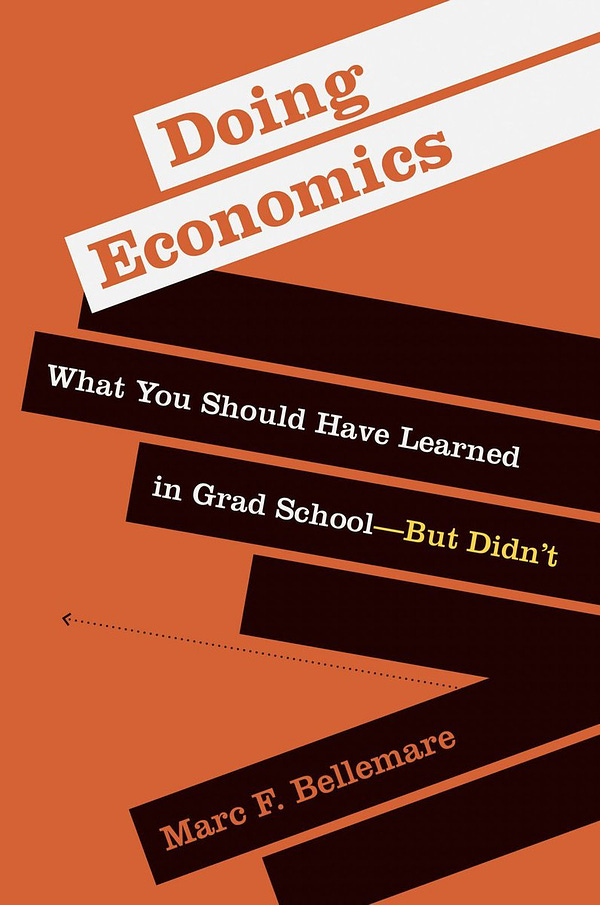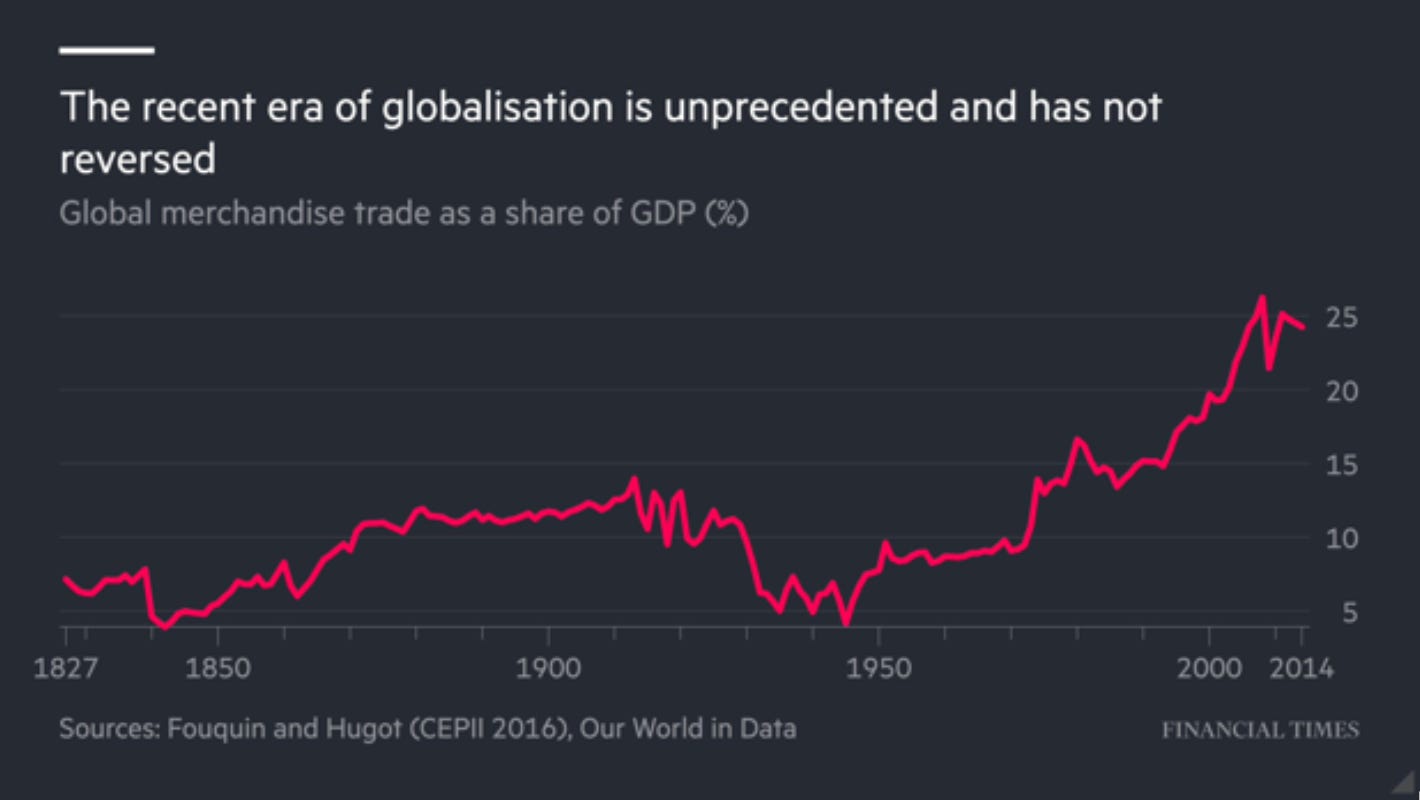HOISTED FROM ÞE ARCHIVES: Cory Doctorow Explains þe Cognition-of-Fiction to Us, &
BRIEFLY NOTED: For 2022-06-23 Th
FIRST: Cory Doctorow Explains the Cognition-of-Fiction to Us
Is it not monstrous that this player here, But in a fiction, in a dream of passion, Could force his soul so to his own conceit That from her working all his visage wanned, Tears in his eyes, distraction in his aspect, A broken voice, and his whole function suiting With forms to his conceit—and all for nothing! For Hecuba! What’s Hecuba to him, or he to ⟨Hecuba,⟩ That he should weep for her?...
From Hexapodia XIII (May 4, 2021):
Noah: “Hexapodia” is the key insight! Six feet!
Brad: And what is that supposed to mean?
Noah: That there is some nugget of fact that, if you grasp it correctly and place it in the proper context, will transform your view of the situation and allow you to grok it completely.
Brad: And in the context of Vernor Vinge’s amazing and mind-Bending science-fiction space-opera novel A Fire Upon the Deep?
Noah: The importance of “hexapodia” is that those sapient bushes…
Brad: …riding around on six-wheeled scooters have been genetically…
Noah: …programmed to be a fifth column of spies and agents for the Great Evil.
Brad: However, here we seek different key insights than “hexapodia”. Today we seek them from the genius science-fiction author and social commentator Cory Doctorow. I think of him as—it was Patrick Nielsen Hayden, I think, who said around 2004: that he felt like he was living in the future of Scottish science fiction author, Ken MacLeod. And he wished Ken would just stop. At times I feel that way about Cory. But we are very happy to have him here. His latest book is How to Destroy Surveillance Capitalism. IIRC, his latest fiction is Attack Surface. My favorite two books of his are Walkaway and—I think it was your first—Down & Out in the Magic Kingdom.
Cory: That’s right. Yes. Thank you. Thank you for that very effusive introduction. I decry all claims of genius, though.
Brad: Well, we know this is a problem. When one is dealing with an author whose work one has read a lot of—by reading your books, by now, I’ve spent forty hours of my life looking at squiggles on a page or on a screen and, through a complicated mental process of gymnastics, downloaded to my wetware and then run on it a program that is my image of a sub-Turing instantiation of your mind, who has then told me many very entertaining and excellent stories. So I feel like I know you very well…
Cory: There’s this infamous and very funny old auto-reply that Neal Stephenson used to send to people who emailed him. It basically went: “Ah, I get it. You feel like you were next to me when we were with Hero Protagonist in Alaska fighting off the right-wing militias. But while you were there with me, I wasn’t there with you. And so I understand why you want to, like, sit around and talk about our old military campaigns. But I wasn’t on that campaign with you.”
Brad: Yes. It was only my own imago, my created sub-Turing instantiation of your mind that was there…
Cory: Indeed. We are getting off of interoperability, which is what I think we’re mostly going to talk about. But this is my cog-psy theory of why fiction works, and where the fanfic dispute comes from:
Writers have this very precious thing they say. It is: “I’m writing and I’m writing and all of a sudden the characters start telling me what they want to do.”
I think that what they actually mean by that is that: We all have this completely automatic process by which we try and create models of the people we encounter. Sometimes we never encounter those people, but just encounter second-hand evidence of them. Sometimes those people don’t live at all. Think about the people who feel great empathy for imaginary people that cruel catfishers have invented on the internet to document their imaginary battles with cancer. They then feel deeply hurt and betrayed and confused, when this person they’ve come to empathize with turns out to be a figment of someone else’s imagination.
I think what happens when you write is that you generate this optical link between two parts of your brain that don’t normally talk to each other. There are these words that you are explicitly thinking up that show up on your screen. And then those words are being processed by your eyeballs and being turned into fodder for a model in this very naïve way. And then the model gets enough flesh on the bones—so it starts telling you what it wants to do. At this point, you are basically breathing your own exhaust fumes here. But it really does take what is at first a somewhat embarrassing process of putting on a puppet show for yourself: “Like, everybody, let’s go on a quest!” “That sounds great!” “Here we go!” It just becomes something where you don’t feel like you’re explicitly telling yourself a story.
Now the corollary of this is that it sort of explains the mystery of why we like stories, right? Why we have these completely involuntary, emotional responses to the imaginary experiences of people who never lived and died and have no consequence. The most tragic death in literature of Romeo and Juliet is as nothing next to the death of the yogurt I digested with breakfast this morning, because that yogurt was alive and now it’s dead and Romeo and Juliet never lived, never died, nothing that happened to them happened. Yet you hear about the Romeo and Juliet…
Noah: …except that a human reads about Romeo and Juliet and cares…
Cory: That is where it matters, yes indeed. But the mechanism by which we care is our build this model which is then subjected to the author’s torments, and then we feel empathy for the model. What that means is that the readers, when they’re done, if the book hit its aesthetic marks, if it did the thing that literature does to make it aesthetically pleasing—then the reader still has a persistent model in the same way that if your granny dies, you still have a model of your granny, right? You are still there.
That is why fanfic exists. The characters continue to have imagined lives. If the characters don’t go on having imagined lives, then the book never landed for you.
And that’s why authors get so pissy about fanfic.
They too have this model that they didn’t set out to explicitly create, but it’s there. And it’s important to their writing process. And if someone is putting data in about that modeled person that is not consistent with the author’s own perception of them, that creates enormous dissonance. I think that if we understood this, we would stop arguing about fanfic.
Noah: We argue about fanfic?
Brad: Oh yes, there are people who do. I remember—in some sense, the most precious thing I ever read was Jo Walton saying that she believed that Ursula K. LeGuin did not understand her own dragons at all…
Noah: …Yep, correct…
Cory: Poppy Bright—back when Poppy Bright was using that name and had that gender identity—was kicked out of a fan group for Poppy Bright fans on LiveJournal for not understanding Poppy Bright’s literature. I think that’s completely true. Ray Bradbury to his dying day insisted that Fahrenheit 451 had nothing to do with censorship but was about the dangers of television…
Brad: Fanfic is an old and wonderful tradition. It goes back to Virgil, right? What is the Aeneid but Iliad fanfic?
Cory: And what is Genesis but Babylonian fanfic? It goes a lot further back than that…
Brad: Today, however, we are here to talk not about humans as narrative-loving animals, not about the sheer weirdness of all the things that we run on our wetware, but about “mandated interoperability”, and similar things…
References:
Cory Doctorow: How to Destroy Surveillance Capitalism <https://www.google.com/books/edition/How_to_Destroy_Surveillance_Capitalism/W20NzgEACAAJ>
Cory Doctorow: Attack Surface <https://www.google.com/books/edition/Attack_Surface/rFfEDwAAQBAJ>
Cory Doctorow: Walkaway <https://www.google.com/books/edition/Walkaway/MKMsDAAAQBAJ>
Cory Doctorow: Down & Out in the Magic Kingdom <https://www.google.com/books/edition/Down_and_Out_in_the_Magic_Kingdom/h8DvDwAAQBA>
Cory Doctorow: Little Brother <https://www.google.com/books/edition/Little_Brother/r1zne2mZDW8C>
William Flesch: Comeuppance: Costly Signaling, Altruistic Punishment, and Other Biological Components of Fiction <https://www.google.com/books/edition/Comeuppance/JSRWPYp1nNUC>
Daniel L. Rubinfeld: A Retrospective on U.S. v. Microsoft: Why Does It Resonate Today? <https://journals.sagepub.com/doi/abs/10.1177/0003603X20950227>
Louis Galambos & Peter Temin: The Fall of the Bell System: A Study in Prices & Politics <https://www.google.com/books/edition/The_Fall_of_the_Bell_System/CXNPVjdxfAEC>
Electronic Frontier Foundation: <http://www.eff.org>
Adversarial Interop Case Studies: <https://www.eff.org/deeplinks/2019/10/adversarial-interoperability>
Privacy without Monopoly: <https://www.eff.org/wp/interoperability-and-privacy>
One Video:
Vitalik Buterin (2015): The Not-so-Paranoid Case for Decentralization <https://www.youtube.com/watch?v=tjxkdniYtkc&t=154s>:
One Image:
Very Briefly Noted:
Plutarch: Life of Lycurgus of Sparta <https://www.google.com/books/edition/Greek_Lives/TCFLl6fJDI8C>
Scott Lemieux: “Cancel Culture” & Patriarchal Entitlement
<https://www.lawyersgunsmoneyblog.com/2022/06/cancel-culture-and-patriarchal-entitlement>
Chris Dixon: Why Web3 Matters <https://future.com/why-web3-matters/>
Dan Hon: The Ones Who Advocated for a Casus Belli Intervention in Omelas, & Nineteen More <https://medium.com/@hondanhon/the-oneswho-advocated-for-a-casus-belli-intervention-in-omelas-and-twenty-more-9650c3146ea7>
Robert Farley: Oral History of the Blogosphere, Episode 5: Brad DeLong: ‘After a hiatus of a few months we are returning to our Oral History of the Blogosphere series. On the latest episode Dan and I interview Brad DeLong, who has been around the blogosphere since before the blogosphere was born and after the blogosphere died… <https://www.lawyersgunsmoneyblog.com/2022/06/oral-history-of-the-blogosphere-episode-5-brad-delong>
Daisy Yuhas: Why Social Media Makes People Unhappy—& Simple Ways to Fix It: ‘Platform designs make us lose track of time spent on them and can heighten conflicts, and then we feel upset with ourselves… <https://www.scientificamerican.com/article/why-social-media-makes-people-unhappy-and-simple-ways-to-fix-it/>
Twitter & ‘Stack:
Damon Linker: The Right’s Road to Nowhere on Climate: ‘Our plans and projects are going to be disrupted more and more often by weather-related disasters. Will Republicans even attempt a response?…
Chris Blattman: ’Economics has a hidden curriculum…


Matt Yglesias: We’re Asking the Wrong Question About Ai Sentience










